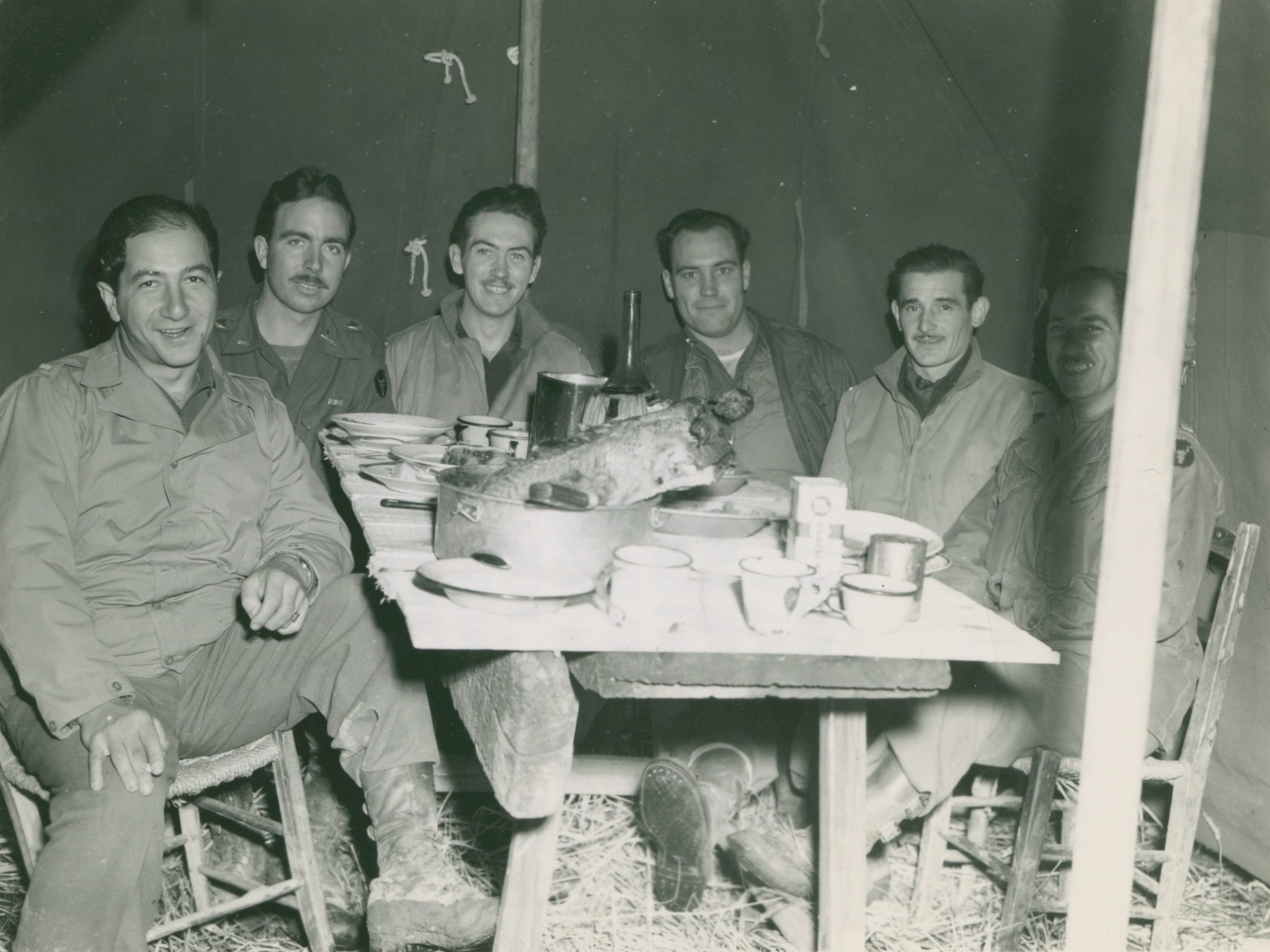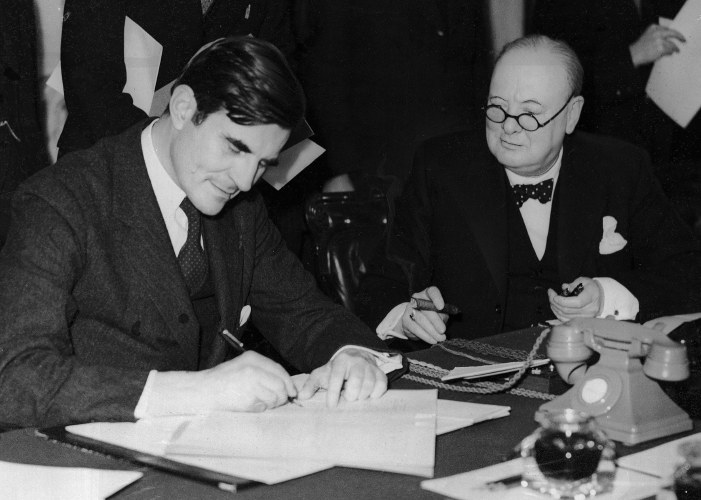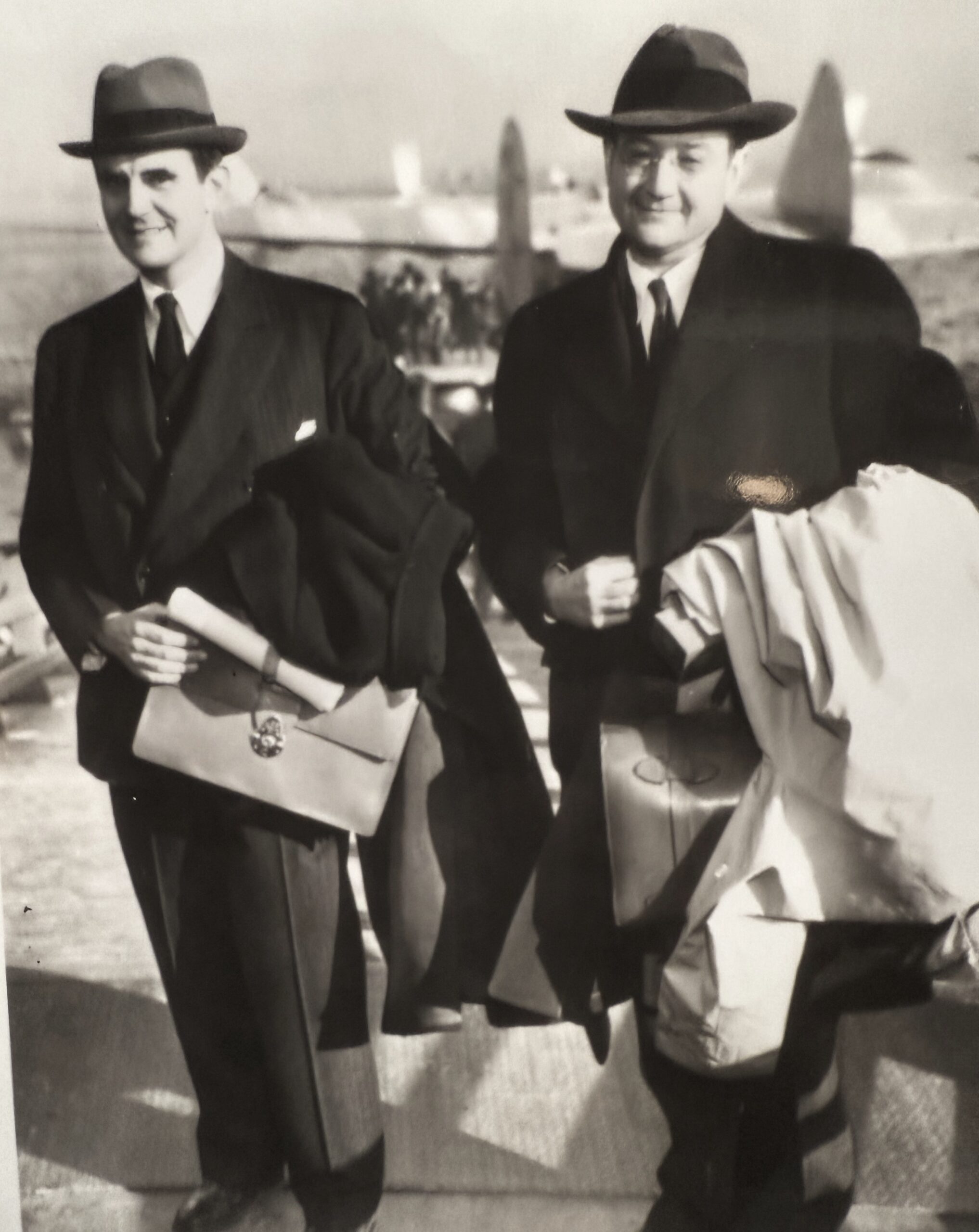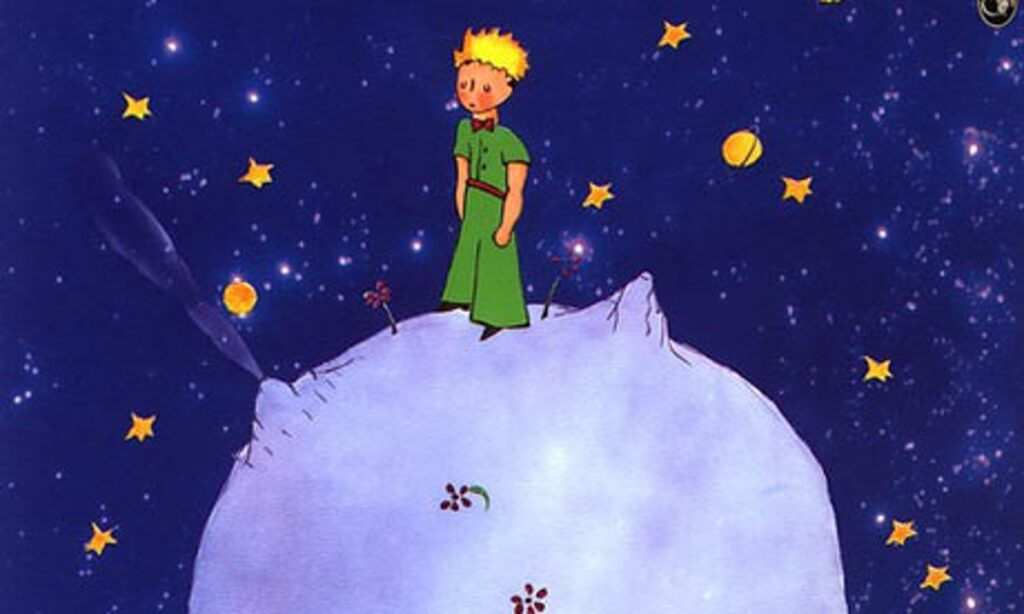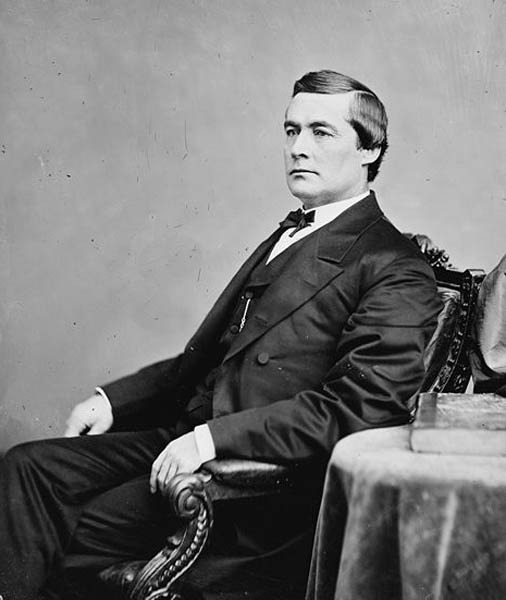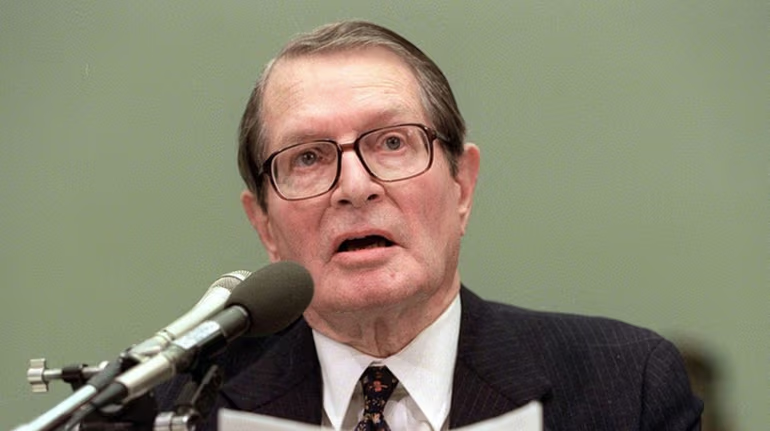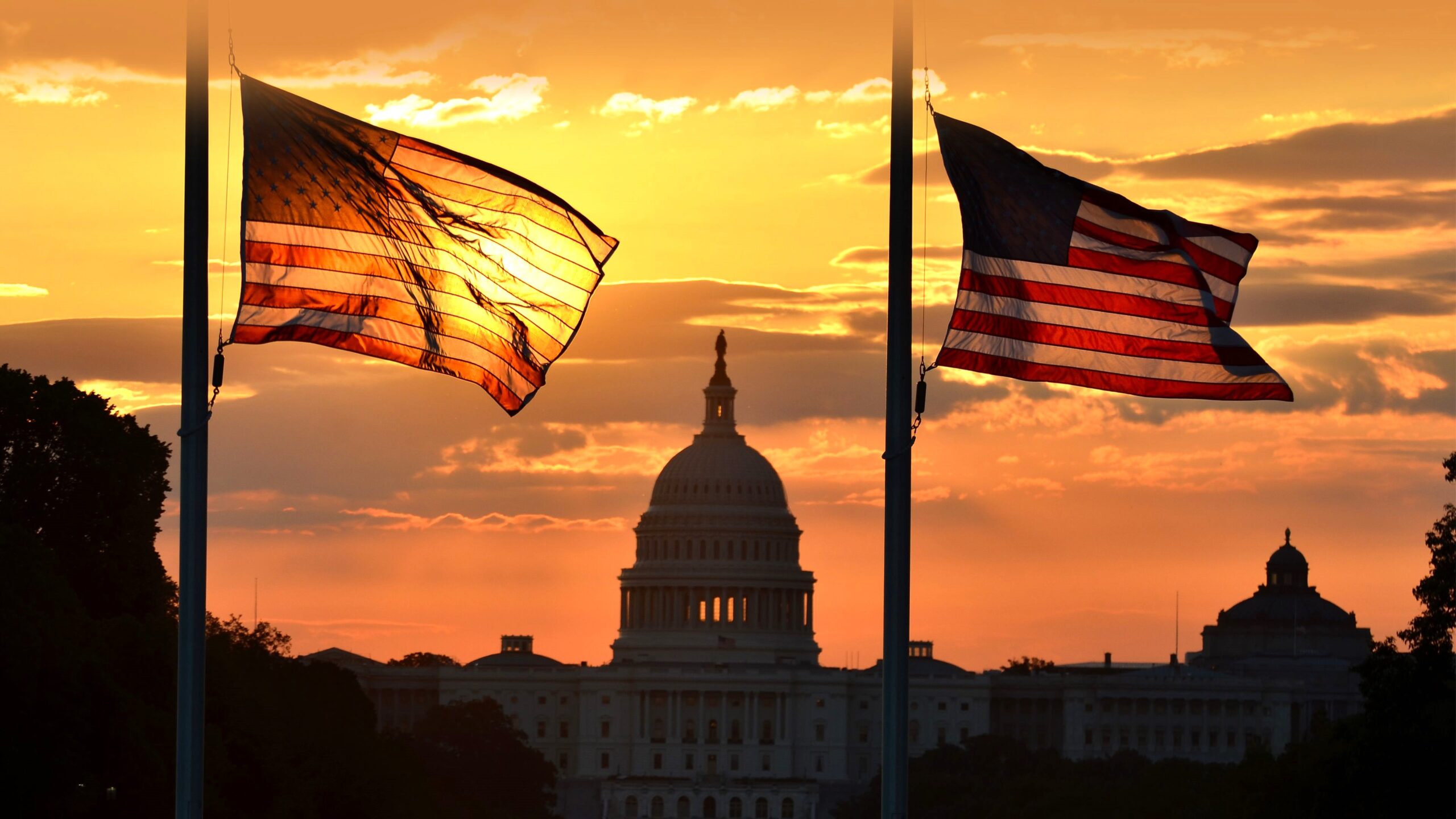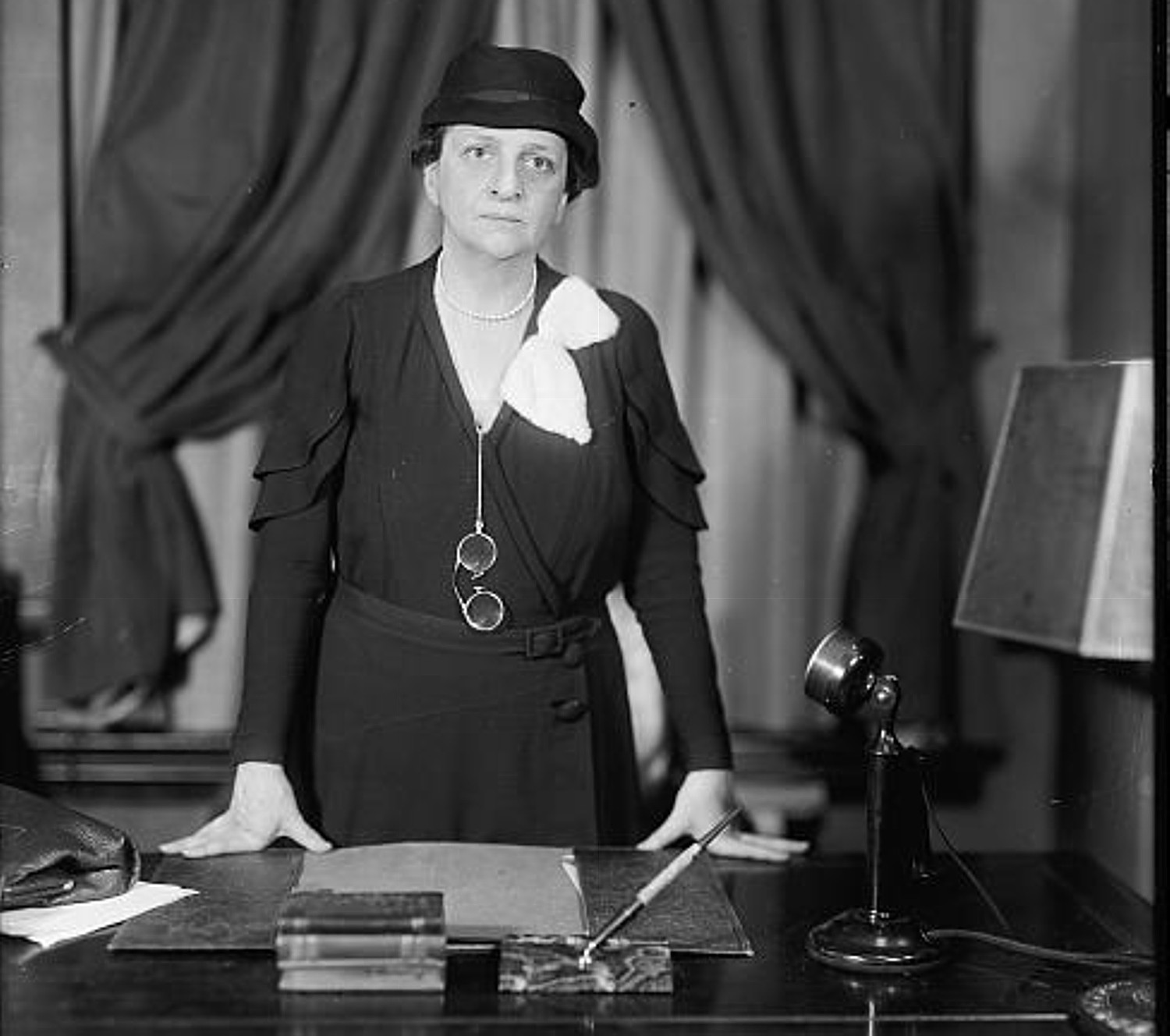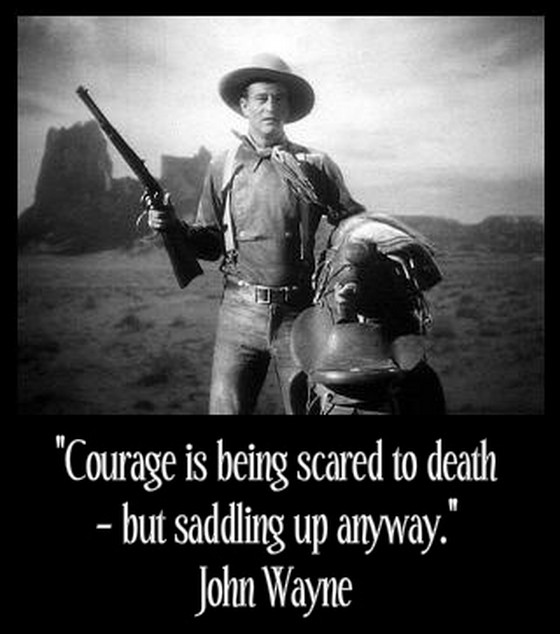
When I first read Common Sense in college—admittedly, more out of assignment than interest—I understood its place in history but not its wisdom.
I recognized that Thomas Paine had written something important, but I didn’t yet grasp why it mattered so deeply: that his words were not just a call for freedom from a king’s rule, but a moral awakening—a summons for ordinary people to claim responsibility for the kind of nation they wished to build: one of surrender, or an independent union founded on self-governance.
There are moments in a nation’s life when silence becomes surrender, and fear disguises itself as reason. We are living in such a moment. What we need most now is not more outrage, but something rarer: civic courage.
Writing in 1776, when the dream of independence was still hanging by a thread, Paine reminded citizen soldiers that freedom would not be won—or kept—by the faint of heart.
“These are the times that try men’s souls,” Paine began. “The summer soldier and the sunshine patriot will, in this crisis, shrink from the service of their country; but he that stands by it now deserves the love and thanks of man and woman.”
Paine’s appeal was to conscience. Civic courage begins there—with conscience. It is the quiet strength to stand up for what is right even when it’s unpopular, to call out deception even when it’s convenient to stay silent. It’s the kind of courage that tests our resolve and reveals our integrity.
Paine warned against the slow decline of moral awareness: “A long habit of not thinking a thing wrong gives it a superficial appearance of being right.”
That warning feels uncomfortably familiar today. We’ve grown used to accepting falsehoods as opinion, and power as the only measure of success. We are in danger not because we lack freedom, but because we’ve begun to forget what freedom asks of us.
Real courage is not theatrical. It doesn’t shout or threaten. It’s steady, and deeply moral. It lives in those who do the hard, quiet work of truth-telling: who correct a lie, insisting that honesty still matters. It lives in citizens who vote not for who promises the most, but for who serves the best.
Civic courage means holding leaders—and ourselves—accountable. It asks: Do our politics reflect our principles? Are we living up to the Republic we inherited?
The work of courage belongs to each of us. “Those who expect to reap the blessings of freedom,” Paine wrote, “must, like men, undergo the fatigues of supporting it.”
The fatigues of our time are different—they come not from muskets and marches, but from truth defended, and democracy preserved one choice at a time.
Civic courage does not come from anger or hate; it comes from brotherhood, love—love of country, of principle, love of one another. It’s the belief that compassion matters more than control, that fairness matters more than division, and that character matters most of all.
Paine believed that “the cause of America is in a great measure the cause of all mankind.” If that was true then, it’s even truer now. The cause of America has always been larger than politics—it is a moral experiment in whether truth and decency can endure amid division and doubt.
That’s the test before us: whether we will find the courage to defend not just democracy, but the ideals that make it worth defending. Because in the end, civic courage is not only about saving our institutions—it’s about saving our soul.
Comments
